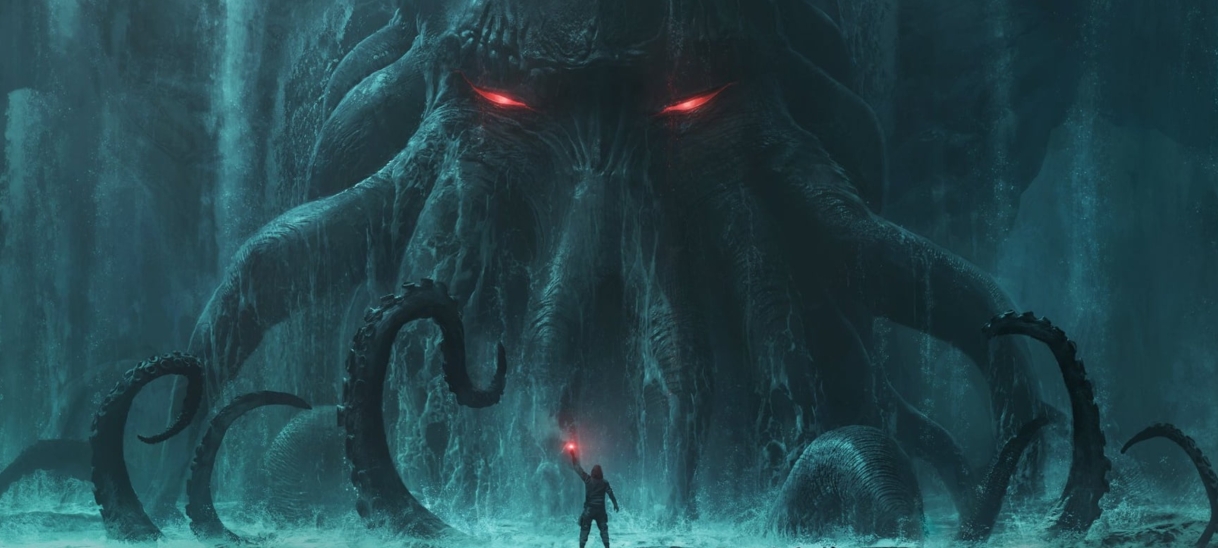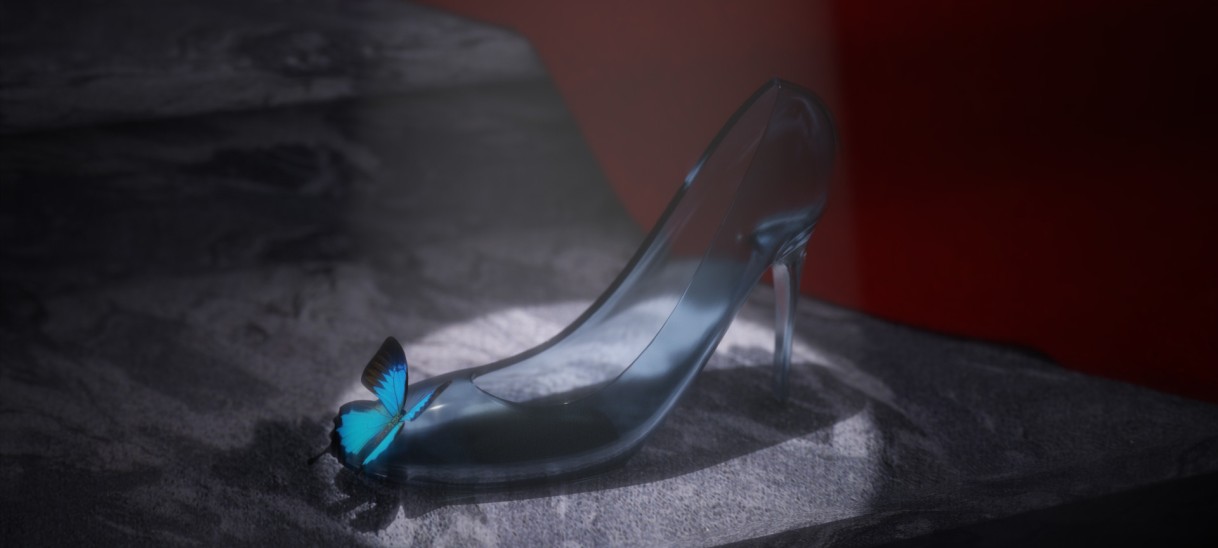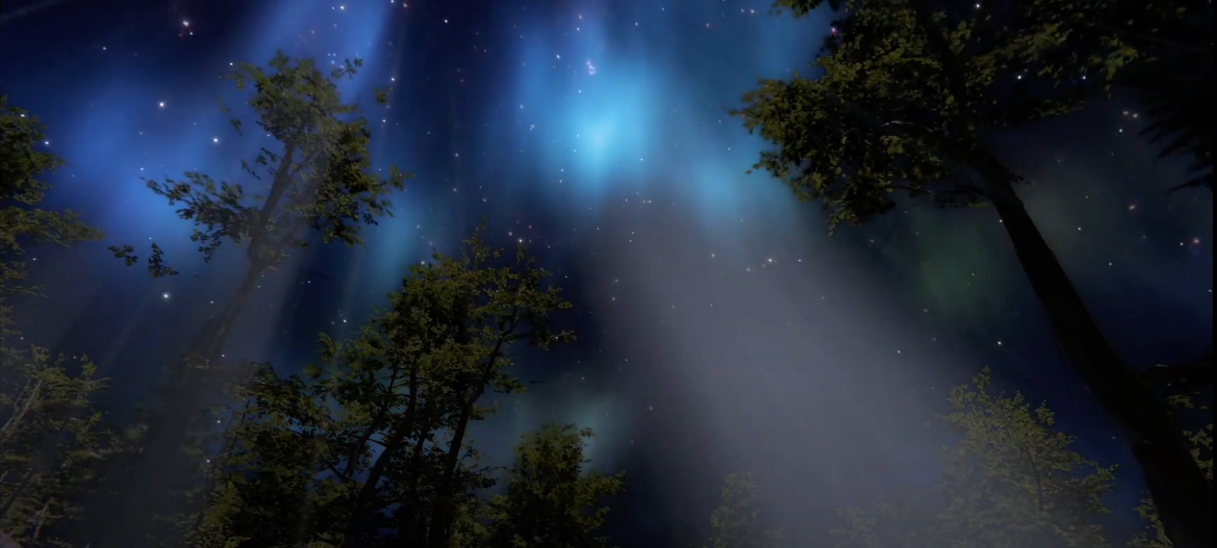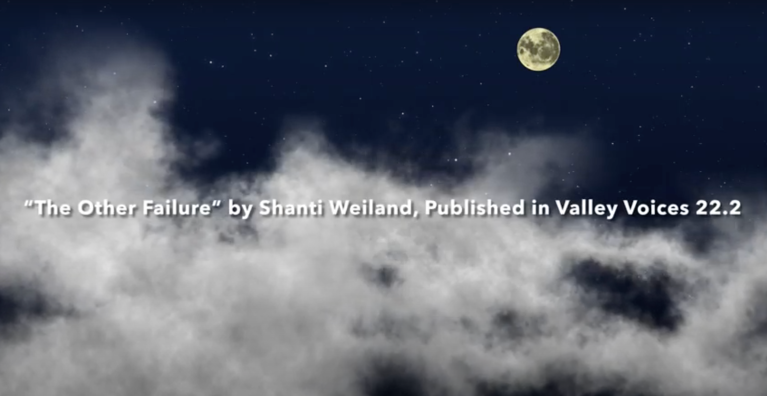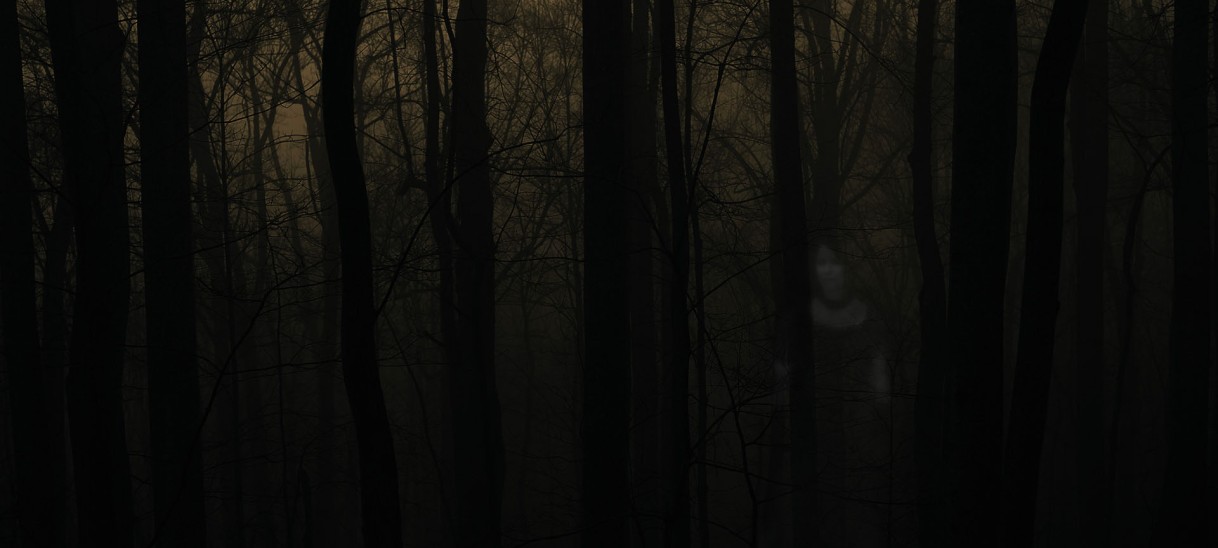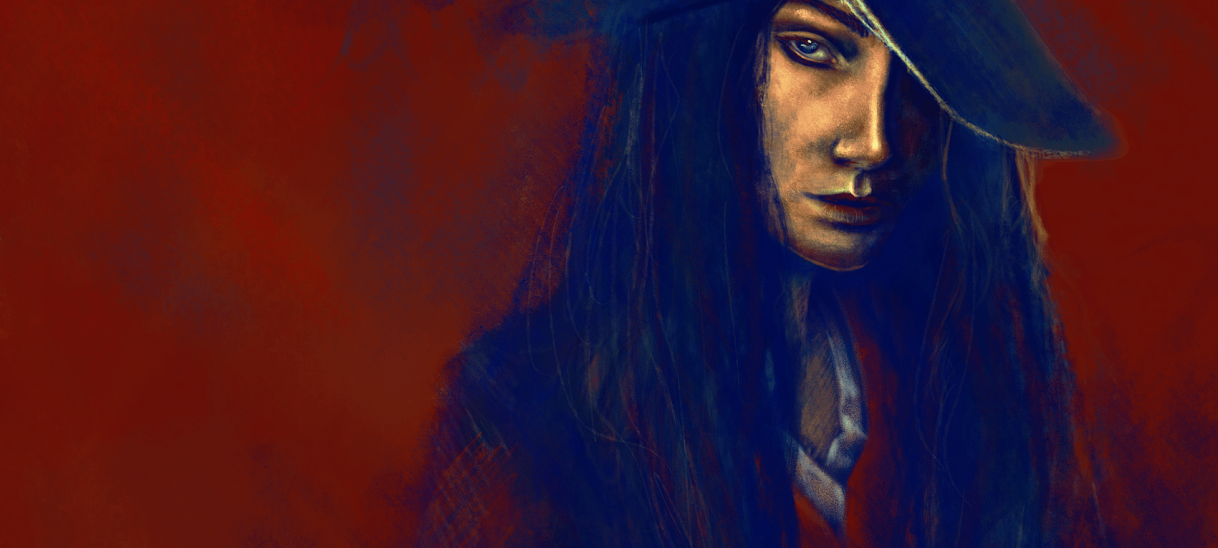“Cinderella”
Do you like a little blood with your fairytales? If so, please enjoy my poem, “Cinderella,” recently published by Thresh Press. Happy horror, everyone!
Defect
Defect
for Robin Radikowski
You were smart,
to slip out first.
I remember when boys
laughed at your red
face, the trouble
your kidney’s failure
caused when you didn’t make it
to Typing class, and I had no idea
that you died.
You were 12, and I lost it
in History.
Today, a blogger
called “homos”
victims of a birth
defect, and I thought
of you, Robin, sitting
at lunch with us.
I don’t know
if you were gay.
I always saw you
as sexless, really.
The champion
of delight: the only
relief from adolescence
came to you
as quickly as death
did, and I think, now, at age 40,
how I wish you’d come to
me again in a dream
as you did the week
you died, explaining why
you were still here, cleaning
out your locker, and making me
forget, once again, to be afraid
of this world.
From Cracked Planet, forthcoming from Negative Capability Press
First published in Third Wednesday, Summer 2014
How It Happened
How It Happened
It happened in the woods,
of course, where all that growls
maintains a weird light.
Dreams are petal cut-outs against
wood that happen
to ignite even the barest
fraction of memory.
The slightest growl
in the dark you remember
fingering your afghan
that night, as a branch
tapped the glass.
Only it wasn’t the woods
where it happened because you
were on the inside. You had only wished
you were the woods as dark
crept near your belly.
Nails and skin, crocheted blankets.
Just forget it.
It happened
where all dark things do.
From Cracked Planet, forthcoming from Negative Capability Press
First published in Dispatch One, December 2005.
Werewolf
Werewolf
Sister Nun does not mind
that she’s a werewolf. It doesn’t
bother her to think of the night
he pierced her back with dirty
claws, infecting her
with the urge.
Dogs bark at the night, prepare
for Sister’s visit. She gnaws their
bones, humps the women, and makes
everyone laugh.
But not everybody likes Sister
Wolf. The humans grab their
rifles or, in a pinch, chuck
silver bangles at her and
shriek. Sister growls,
laughs, and wakes nude
and adorned until the next
bald moon pulls her like a
riptide.
From Sister Nun, Negative Capability Press, April 2016
Follow Sister Nun as she escapes over the wall of her convent (even though she has, in no way, been held captive) and read as she explores her identity, sexuality, and the path to enlightenment by wrestling alligators, vacationing in hell, and traveling through time and space during her 215-year lifespan.
“Weiland’s book is polished, unusual, and lovely, but it is even more than that. I don’t remember when I read a book of poetry that I couldn’t put down. Sister Nun is an unforgettable character – and this book that bears such a strong character’s name reminds me of Jane Eyre, Emma, Anna Karenina, and Lolita deserves to be in such elite company.”
-Amy King, Author of The Missing Museum and I Want to Make You Safe; winner of the 2015 Tarpaulin Sky Book Prize.
Tasha Yar At Her Best
Tasha Yar At Her Best*
Pain is a small price
to pay for clarity.
Just ask Tasha, she’s died twice,
so far. But at her worst, she often
felt her best. Crawling
through trenches, phasers
set to kill. A clear target
in the muck. Even her daughter, defying
genetics with her mother’s
blonde bob, disappointed
Picard in every, single way.
Armor and purpose. Family legacy.
But here’s a secret
that Tasha never told anyone:
Her death fantasy (and we all
have one) was to expire by the pool
on a holiday planet, opal sunset.
No phasers or fighting,
not that it matters, she knows
that now. Death brings
clarity far beyond
your pool day, and this time,
she slips through colored panels,
indigo and reds, the fire-pink
of cherry blossoms, and into the deep
and changing sea.
*In “Yesterday’s Enterprise” (Season 3, Episode 15) the ship experiences a temporal rift that results in creating an alternate timeline. Yar is once again alive on the Enterprise, but allegedly dies again on an Enterprise from the past. In “Redemption, Part II,” (Season 5, Episode 1) a Romulan, named Sela, reveals that she is the daughter of Tasha Yar and that her mother was executed years ago when she tried to escape from Sela’s father, who had kept her as a sex slave.
Coming soon in new, book-length manuscript, “To Boldly Go: Poems from the Starship Enterprise.”
First published in Cahoodaloodaling, Issue 27: Joy Sticks, Fall 2018
Smile Stew
Smile Stew
I slice
my smile
as though
a lamb
chop onto
the skillet.
Clinks.
Champagne
flutes
on New Year’s.
Extra teeth.
I am cooking you
smile stew.
You have asked
for it many times,
but I tell you
it’s too much
work. I work
too, you know.
Your comeback
is always
the same:
If your belly
aches, no point
to say it shouldn’t.
And the satin
bow in my stomach
tightens because only women
can cook smile stew,
and the knot
becomes stiff and shiny
like my smile, ready
to be ready.
So, I pluck
the light
from my cheeks.
The glare that strains
my eyes into happy
wedges, I use
as garnish.
I serve
it on a glazed
white plate.
My dish
a moon
in the dark.
I clear out—
meaning,
I am gone—
meaning,
I am haunting
my own body.
This husk
slips like a baby
doll into the corner.
Tulle and silk tossed
like arugula
as you take
your seat
and open wide.
Coming soon in new, book-length manuscript, “The Cure for Loneliness.”
First published in Valley Voices: A Literary Review, (Women Poets: A Special Issue) V18, N1, Spring 2018
On “Crack Jenny’s Teacup” By Kate Garrett
This week, we hear from guest-blogger, Kate Garrett, who discusses her poem, “Crack Jenny’s Teacup.”
When I came across the phrase “crack Jenny’s teacup,” on Talk Like a Pirate Day many years ago, a course was set that would reach its destination in a poem of the same name, and finally a chapbook named after a line in said poem. The phrase means, quite simply, to visit a brothel, and it got me thinking—pirates and sex workers in historical and fantasy fiction are often united in the popular imagination. Even the ever-family-oriented Disney have always included a few in their Pirates of the Caribbean films. Historically, it’s accurate—I realize this, not only in stumbling across the phrase “crack Jenny’s teacup,” but because famous female pirate Anne Bonny, it is said, was close friends with a bisexual man who also happened to be a brothel owner.
Learning about Anne Bonny’s friend led me round another spiral of thought: the many examples of queerness and empowered women in the world of historical pirates. (I was already pirate-obsessed, but more reasons to adore them are always welcome.) Anne Bonny’s crewmate Mary Read lived parts of her life as Mark Read, with male pronouns, and was equally happy being Mary with female pronouns. As well as being genderfluid, Mary was possibly also bisexual, and I know of at least one history book written entirely about gay male pirates. Buccaneer Jacquotte Delahaye also lived as a man for a time. After Jacquotte came “back from the dead,” a woman again, she refused to marry or have a relationship at all, because she didn’t think any power balance in that situation would be fair to either partner, and she was more concerned with providing for her disabled brother (which is why she was a pirate in the first place). Empowered women, ahoy.
With all of this in mind, my first port of call was thinking of a way to reclaim the phrase “crack Jenny’s teacup.” I mean, it sounds rough, crude, a bit disrespectful—all the things you’d expect from nautical slang regarding this popular shore leave activity, really. But what if the pirate visiting was also a woman? And what if the two women, both outsiders by profession in a very ‘masculine’ world, were actually in love, in a committed relationship, so bringing a further layer of separation between themselves and the men around them, and between the human beings and the jobs? After all, we speak of so many people in history as if they were only their title or profession: kings, queens, knights, cowboys, outlaws, highwaymen – pirates. I wanted to find the people behind the stereotypes this time, even if in this poem they are fictional. And the people I found were two women completely dedicated to each other.
It would’ve been all too easy to make the sex worker an observed character, to have given the speaking power to the woman in the traditionally masculine job, so I made her the narrator instead of her pirate lover. Both women stand up to the “final customer” of the evening: the speaker “shoos” him away, and when he starts to get lippy through familiarity with the speaker, her girlfriend shoots him a look and he leaves. And when, in the wee hours, our narrator is off duty, she and her lover can spend a rare night together while the latter’s ship is docked. Behind closed doors and underneath her sailor’s clothing, our lady pirate loosens “her hair and her smile,” and there is another side to her, which our narrator adores just as much as the dashing rogue: “I love her when she’s soft, or when she’s hard.”
When I started reading this poem at events, I was surprised to discover it chokes me up, and I have to read it through tears–particularly the last stanza: “now she wakes: deadly, delicate” and “but I lose her each time / to breeches, boots, and ship.” I’ve never been a pirate or a sex worker. The characters in this poem are fictional, but I can feel the narrator’s sadness as she remembers the inevitable separation from her girlfriend, because that’s something any person who’s ever loved another can understand. Pirates might be thieves, even murderers, and certainly they were terrors at sea, but that’s just it—they lived their life at sea. If any of them did have a loved one, they would be away from them for long periods of time as much as any Royal Navy sailor. And why would a pirate not have a loved one? They’re still people. Even Blackbeard had a wife.
“Crack Jenny’s Teacup” was first published at Melancholy Hyperbole, and is included in Kate’s tiny chapbook of historical pirate poems Deadly, Delicate.

Kate Garrett’s poetry has been widely published in online and print journals, nominated for a Pushcart Prize, and longlisted for a 2016 Saboteur Award (in pamphlet form). However, while her poetry is busy doing stuff, Kate bums around reading books and hanging out with her husband, children, and cat in Sheffield, England. (Okay, okay, she also edits at Three Drops from a Cauldron / Three Drops Press, and Picaroon Poetry.) Stalk her on Twitter (@mskateybelle), Instagram (also @mskateybelle), and Facebook (facebook.com/kategarrettwrites).
Featured Image: http://lesluv.deviantart.com/art/Anne-Bonny-Black-Sails-437042617
